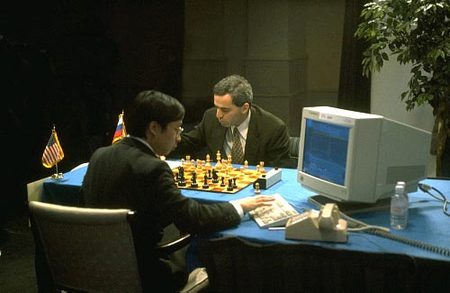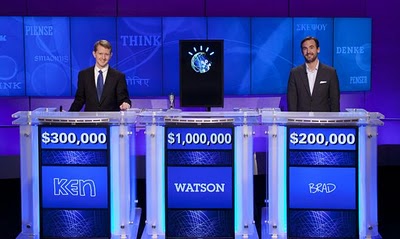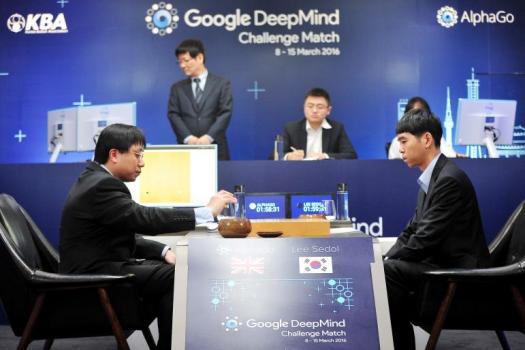It started off with IBM’s Deep Blue which was the first piece of artificial intelligence (AI) to win a chess match against a reigning world chess champion Garry Kasparov in 1996. That set the stage for the evolution of AI as supercomputers became more advanced and smarter. AI has experienced tremendous progress with the advent of machine learning and natural language processing. This was first demonstrated successfully when IBM created Watson and competed against the world’s best Jeopardy! Players in a televised match in 2011.

AI and Machine Learning
To understand why a trivial game like Jeopardy! is so important, one must appreciate that Jeopardy! is a very complicated game which relies on a participant’s ability to understand the context of the question and its convoluted way of asking questions that, hitherto, only humans have been able to tackle. Whereas, AIs can only understand binary code and excel in mathematical calculations. In order to overcome these issues, IBM had to design Watson to be able to digest enormous amounts of content, recognise patterns, and score them for relevancy. IBM also had to teach Watson how to understand human language which included elements such as sentence recognition, sentiment analysis, meaning extraction and question answering. The most important element of IBM Watson was its ability to learn on its own and from others. This is called machine learning, where the AI continually reinforces and improves its ability for better performance in the future.

Google DeepMind’s AlphaGo
In another triumph of machines over humans, Google DeepMind’s AlphaGo program scored a victory over legendary Go player Lee Se-dol in March 2016.
So what’s the big deal about an AI winning a human in another strategy game like Go? Go is an ancient Chinese game that is nearly 3,000 years old and has a relatively simple set of rules. However, these simple rules create an almost infinite number of moves in contrast to chess which has relatively less number of possible moves. In other words, playing Go is much more complicated and is a game more of intuition than calculation. DeepMind is able to do this through its intensive training using trial and error just like humans do. The more DeepMind plays, the better it becomes through machine learning.

What does this mean for us? Should we be fearful of the future developments of AI or should we embrace it? These are important questions that we need to address as we move forward.





